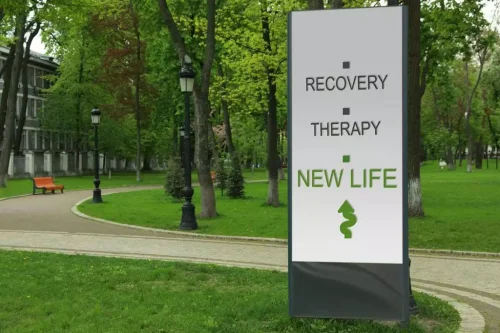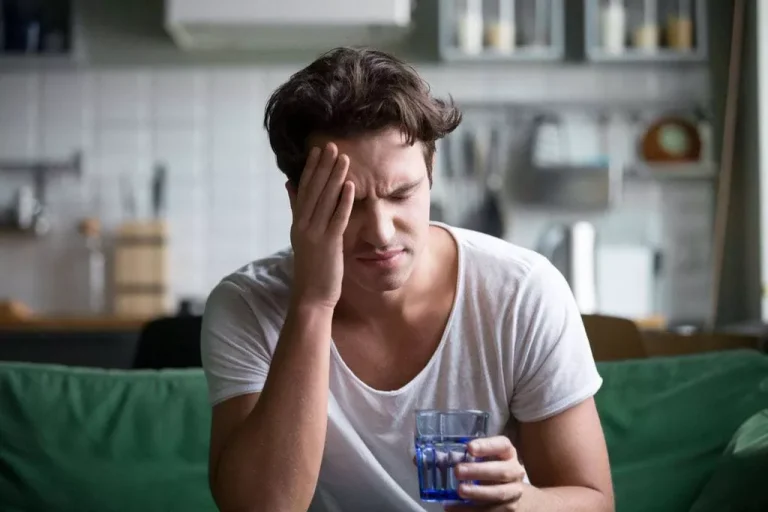
Short-term effects may result from intoxication, which people often describe as “being drunk.” This occurs when alcohol affects the central nervous system. A person can become intoxicated even with moderate drinking and may experience temporary disturbances to their vision. With high blood sugar, water is pulled into the lens, which swells and blurs vision. High sugar levels can weaken blood vessels and damage the retina.
Temporary Effects
Because the optic nerve is made up of neurological transmitters, it can become damaged by alcohol, just like in the brain. A stroke is when a blood vessel bursts or becomes blocked in the brain. Some strokes cause vision problems, including sudden blurry vision in one eye or both.
High blood pressure
This rare and more serious type of glaucoma develops when pressure in the eye rises rapidly due to a blocked or covered drainage canal. A concussion is a blow to the head that causes the brain to move in the skull. Symptoms such as blurred vision can come on right after the injury or show up hours of days later. Blurry vision is a common condition that can occur as a side effect of many conditions. Some of these conditions are relatively minor, while others could be serious.
How Does Alcohol Affect Vision and Eye Health?
- Abusive drinking has been defined as 5.4 drinks/day.
- Most alcohol-related eye and visual damages resolve with cessation of drinking.
- Treatments can get rid of uveitis, but the type you need will depend on which part of your eye is affected.
- This cause isn’t an emergency, but blurred vision in one eye could be due to glaucoma, a detached retina, an “eye stroke,” and other causes.
- Alcohol can cause both short- and long-term vision problems.
High blood pressure can lead to problems that cause blurry vision and other symptoms. Both problems can cause blurry vision, but it’s a much more common symptom of cataracts. About 9 in 10 people with a traumatic brain injury have symptoms that affect their eyesight. Auras shouldn’t be confused with ocular migraines, a rare condition that can cause a blind spot or temporary blindness in one eye. You should get medical help immediately if your vision gets blurry quickly and/or if you have sudden vision loss. Blurred vision can happen because of being tired, or it can be a symptom of another condition.
Some diseases or conditions block blood flow in the optic arteries (or slow it down). Amaurosis fugax happens when this blockage or slowdown lasts up to 30 minutes and then goes away. In the eyeball, arteries carry oxygen, fuel and vital nutrients to the retina. Light-sensitive nerves in the retina capture visual signals that travel over the optic nerve to the brain.

Symptoms can also include blurred vision and dizziness. Some medications can have side effects, including dizzy spells, general dizziness and blurred vision. Taking multiple blurry vision after drinking alcohol medications at the same time or drinking alcohol with some medication can also enhance symptoms. When this happens, your optic nerve doesn’t get enough blood.
Red wine is one of the most commonly reported migraine triggers, but researchers have yet to understand exactly what it is about red wine that causes headaches. Preeclampsia and high blood pressure during pregnancy. American College of Obstetricians and Gynecologists.
- Learn more about the different types of brain tumors.
- Treatment for amblyopia involves re-training the brain and forcing it to use the weaker eye.
- Blurred vision is the most common symptom related to sight that people report to their healthcare providers.
- This can affect part or all of your vision on that side.
- The problem can be fixed somewhat with special eyeglasses or contact lenses.
- You may also be able to find alcohol addiction treatment near you by visiting the SAMHSA treatment locator.
Blurry Vision Treatment

Detoxification and Its Role in Treating Alcohol Eyes
- Alcohol can trigger an immediate migraine in some people or cause a “hangover migraine” later, according to the American Migraine Foundation.
- An eye stroke happens when an artery in your eye becomes blocked.
- If you have any eye problems you worry may be related to drinking, talk to your eye doctor.
- As your sight seems less sharp, you may strain your eyes because they have to work harder to focus.
- Scientific studies have shown that heavy drinkers are likely to develop glaucoma, a group of conditions that damage the optic nerves.
